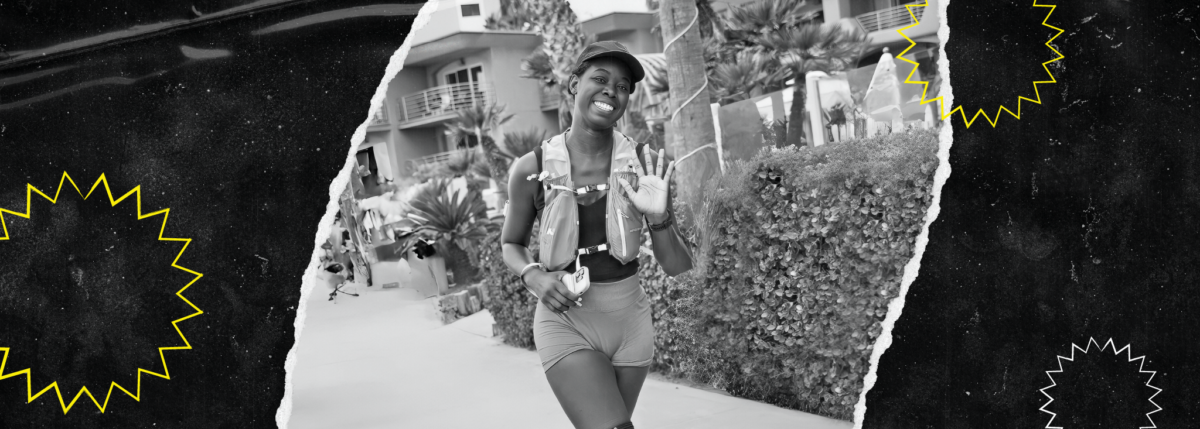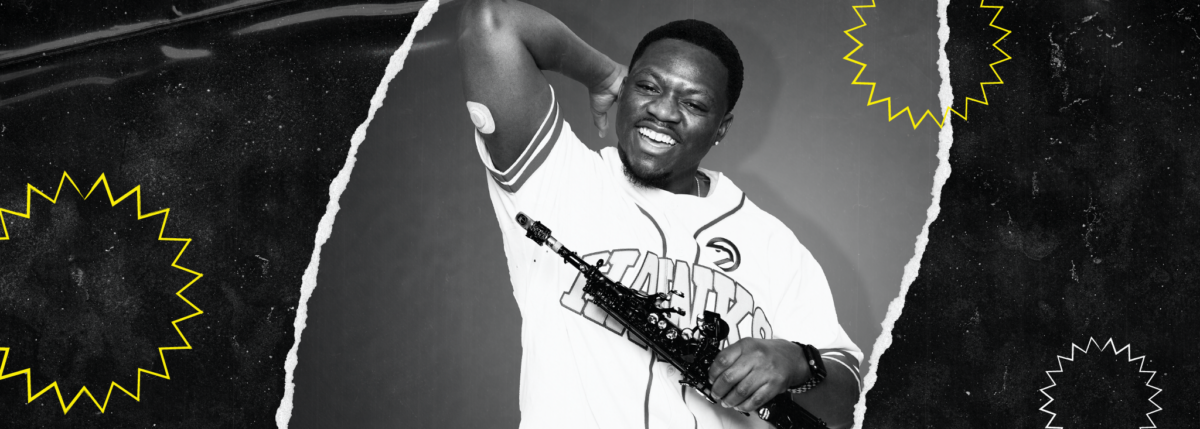A Parent’s Guide to Diabetes Camp
Written by: Shelley Yeager, MA, LCSW
6 minute read
July 22, 2016
How should I prepare my child for camp?
Preparing your child and your family for diabetes camp is one of the most important aspects of the positive experience! Most camps have a visiting day before the season opens when you can visit with the entire family, learn the camp routine, meet staff and other campers and see the facility. Camp is fun and staff are trained to ease the transition. Utilize them if your child seems abnormally apprehensive. Call the camp director for tips. Talk with your child about the camp experience, about meeting new friends with diabetes. Focus on the fun activities of camp, show them the camp brochure, read books with a flashlight under the covers at home and “play camp” before you even get there!
Will they have staff that can take care of my child’s diabetes care?
Yes, all diabetes camps are staffed with trained professionals who understand and can render expert diabetes care to youth with diabetes. It is important for parents to look for camps who follow the American Camping Association standards for camps and who set ratios for diabetes healthcare coverage that ensure your child is supervised by trained individuals. DECA’s member camps are typically affiliated with major diabetes centers and diabetes professionals—endocrinologists, diabetes educators, mental health professionals and dietitians —who volunteer to coordinate and work at camps. In addition, counselors, most of whom have diabetes and were campers themselves in youth, serve as role models. All of these staff take pride in making sure that your child’s diabetes is expertly cared for.
What if my child gets homesick?
While homesickness does not “feel” good, it is a normal part of transitioning into independence and leaving the familiarity of home. At camp, we accept homesickness and are well-equipped to deal with it. It is much harder for the parents than it is for the campers and staff. Typically, by the third day of camp, homesickness has subsided and campers have adjusted to their new routine, new friends and staff members. Typically, in the rare event that homesickness affects your child in an atypical way, the camp director will be in contact with parents to discuss options for a positive outcome.
What if I get “child-sick” (or miss my child)?
Parents getting “child-sick”—meaning you miss your child so much you can hardly eat or sleep—and it is more common than campers being homesick. After all, they are having a blast with new friends while you are at home worrying about their safety, whether they are fitting in, whether camp is taking care of their diabetes, whether they remembered to bolus and so on. Don’t worry—we got it! Go out for dinner, go to a movie. Rest, relax. This is your time for respite. You deserve it. It’s okay to take time for yourself. The reunion is a few days away.
Can I call or visit my child at camp?
Most camps do not encourage or allow parents to call campers during the session and most diabetes camps (because of the short sessions) do not have visiting days. One of the most important aspects of camp is to allow youth to form a social group, where they make friends that last a lifetime and form bonds with others that will carry them through great, and perhaps not so great, times. When parents disturb that bonding time, it can interrupt the development of that social experience. Plus, having phones all over camp is disruptive. And, before cell phones, most camps only had one or two phone lines. It’s a short session. And a little time away is a good thing. It builds independence.
How old are the counselors?
The American Camp Association standards minimum counselor age is 18, and this is the guideline that DECA recommends diabetes camp follow. DECA member camps typically have counselor or leader-in-training programs for their former campers who are 16 and 17, who, if they successfully complete the program, become full counselors. It is pretty common to have counselors that range from a minimum of 18 through their 20s.
Do the counselors know about diabetes?
Yes, every counselor not only knows diabetes because many have diabetes or have a family member with diabetes, they also go through rigorous training before camp to learn accepted diabetes management practices.
Will they know about insulin pumps?
Yes, healthcare staff (endocrinologists, diabetes educators, nurses) supervise and counselors are trained on all insulin pumps. (Are counselors necessarily trained on all insulin pumps at every camp?)
What if my child gets sick at camp?
DECA recommends that all camps follow American Camp Association standards for healthcare delivery. This means that they have a fully equipped healthcare center. Diabetes camps are super-stocked with diabetes supplies donated by our industry partners. Healthcare staff work 24 hours (resident camps) or full-time (day camps) to ensure your child has access to every healthcare need. All camps have policies and procedures for this and for emergencies and off-site emergency care, if necessary.
Are there diabetes-trained nurses at camp?
Yes, typically one nurse for every six to eight campers.
Are there doctors at camp?
Yes, depending on the camp, there are pediatric endocrinologists, endocrinologists, general pediatricians, pediatric residents and others who volunteer their time.
Can the camp handle my child’s dietary needs?
Yes, all camps have dietitians that handle dietary issues and meal planning. No parent should worry about special dietary needs such as celiac, lactose intolerance, or peanut allergies. These questions will be part of the application process, but do not be afraid to call and discuss this with the team.
Do I send all of my child’s diabetes supplies to camp?
Most resident camps provide all diabetes supplies, but you should call ahead to make sure that this is the case. Some day programs do not provide diabetes supplies. The camp paperwork should give specific instructions.
Do I send snacks and low blood sugar treatment?
Most camps ask parents not to send any food items. Snacks and low treatment supplies of various kinds are available throughout camp and used according to specific policies and protocols.
How much diabetes education will be provided?
Diabetes education at camp happens in a variety of ways. Teachable moments occur throughout the camp day—i.e. when a child has a low blood sugar from swimming and chats with a counselor about how to treat it—and during diabetes activities, created over decades of fun by diabetes camps everywhere. Professionals will sometimes do special topic discussions, too. It’s a mix of active learning, spontaneous education and planned instruction—at diabetes management times and throughout the day.
Can the camp handle my child’s emotional needs?
Camp staff are trained to handle camper’s emotional needs during precamp and many camps have mental health staff available on site for special circumstances. The most important thing is for you to share any and all concerns, behaviors, or special circumstances about your child before he or she arrives at camp, so that the camp director and healthcare team ensure that the staff is ready to make the experience the best it can be for your child. Transitions are important and pre-planning can really help!
What is the check-in process like?
Check-in is different at every camp, but be prepared to spend a few hours meeting with your child’s counselors and members of the healthcare team. A healthcare intake is required by most states. And, you will have the specific opportunity to speak with a healthcare team member about your child’s diabetes. You want to make sure that the camp has all the information necessary to make the camp experience safe and positive for your child.
When my child starts camp, is there a standard change in insulin, such as a basal reduction?
Because camp can be more active than home for many children (just walking to the dining hall is a lot farther than walking to the dining room—plus constant activities), camps may suggest a small reduction in insulin dose. Speak with the healthcare team about your child’s activity level at home and whether you feel this is appropriate.
What is the target range for blood sugars at camp?
Target blood sugar ranges should be decided by the healthcare team, the camper and the camper’s parents.
How often will you check my child’s blood sugar? Any midnight/ 2 am checks?
Standardly, most camps check blood glucose before breakfast, mid-morning, before lunch, mid-afternoon, before dinner, before bedtime and at 2 a.m., if blood glucose at bedtime is below a certain standard set by the healthcare team and/or the parents.
What is the communication between the Camp Director/counselors with the parents while my child is at camp? How fast can I expect to receive a follow-up call if I am concerned about something?
Communication between parents and the camp varies depending on location, cell service, phone availability, mail service, etc. Check the camp’s materials for more information. However, if you have a specific concern or need to reach the camp regarding your child, an emergency contact is always available. If you call and leave a message (because the phone is in use), you should expect a call back right away. If your child is at an adventure camp and out of cell service, emergency response has been pre-determined. Check adventure camp materials for details.
Are there any current parents of this camp whom (?) I could contact to answer any questions I may have prior to dropping my child off at camp?
Many camps have a list of parents who are willing to talk to new parents about camp. Check with your child’s camp to see if this is possible.
Read Shelley’s story The Magic of Diabetes Camp.

Author
Shelley Yeager, MA, LCSW
Shelley Yeager, MA, LCSW, is the program & development specialist at the Diabetes Education & Camping Association. She does consultations with diabetes youth programs and can be contacted at [email protected].
Related Resources

Danica Collins not only prepared for one of the most challenging physical events of her...
Read more

Beyond Type 1 is spotlighting inspiring athletes with type 1 diabetes as they prepare for...
Read more

On November 3, 2024, Taylor Rindfleisch of Chicago laced up her running shoes for the...
Read more

